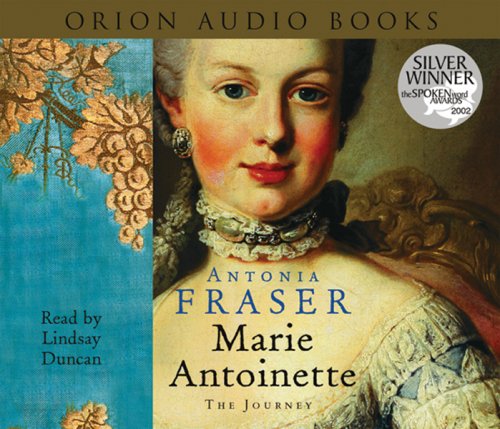

When she finally fulfilled her function and bore an heir, 11 years after marriage, France was already in the financial crisis that would lead to the convening of the Estates-General and, later, the Revolution. For years, Marie’s position at court was undermined by the king’s refusal to have sex (or at least proper sex) with her. She fought her brothers and sisters for the time and attention of their mother married to King Louis XVI, she vied to increase her power at Versailles as a prisoner in the Tower, she fought for survival according to the rules of the Revolutionary Tribunal. Fraser presents her subject’s childhood, full of dancing but short on books, as a smaller version of the proving grounds she would inhabit for the rest of her life. Pretty Marie was raised to further the Hapsburg family’s political ambitions, as defined by her dominating mother, Empress Maria Theresa of Austria-Hungary.


Novelist and historian Fraser ( Faith and Treason, 1996, etc.) manages to turn this spoiled, not-too-bright princess into a likable character. A biography of a queen who never said, as legend has it, “Let them eat cake.”


 0 kommentar(er)
0 kommentar(er)
